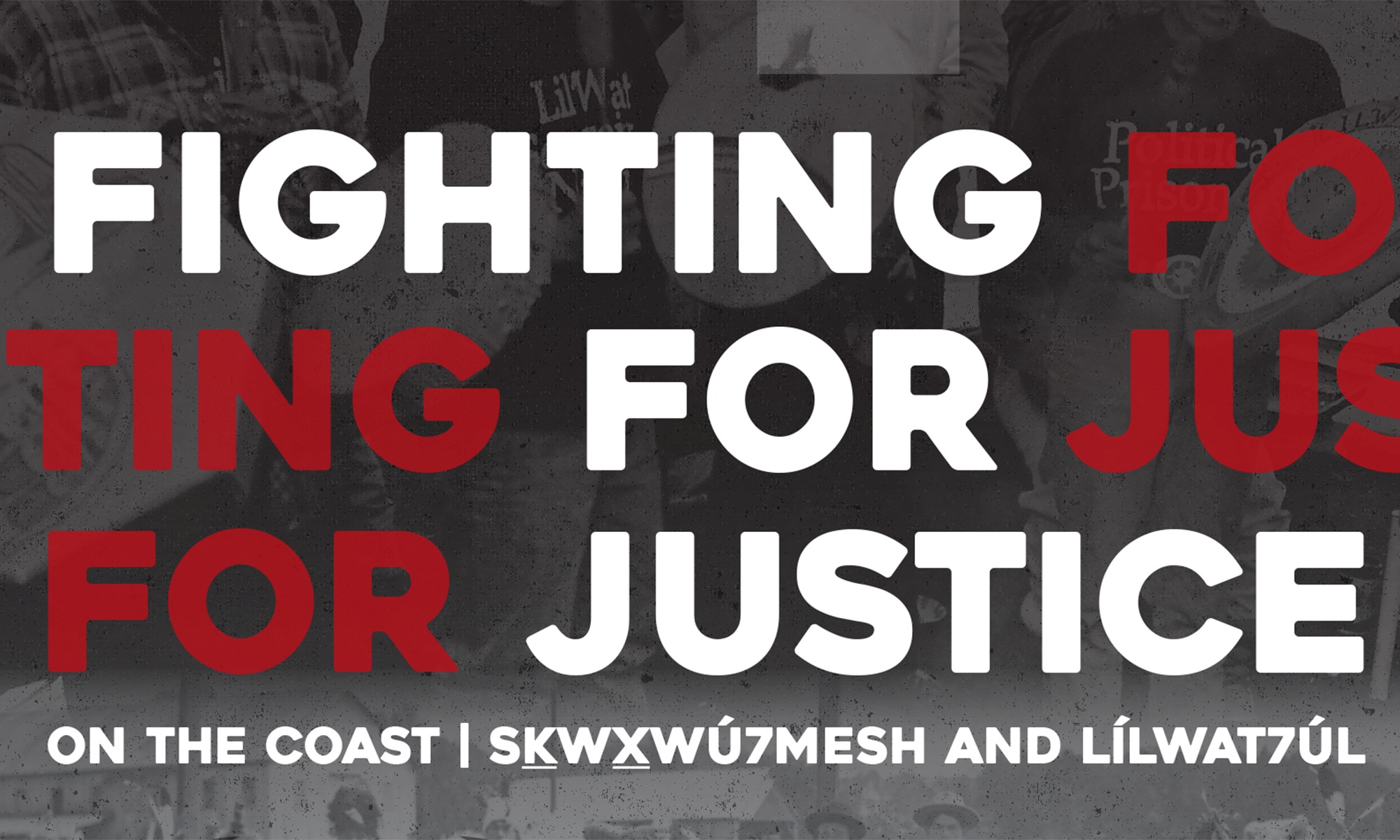In an increasingly digital world, new platforms constantly reshape economic realities and cultural perceptions. Among these, OnlyFans has emerged as a significant, albeit often controversial, arena for content creation, particularly adult entertainment. For the Hmong community, a specific and complex narrative has begun to surface, articulated by the phrase "Hmong OnlyFans: the fight for justice you're not hearing about." This framing suggests a deeper socio-economic struggle and a call for recognition that extends far beyond the platform itself, challenging prevailing stereotypes and demanding a critical examination of exploitation, agency, and cultural stigma.
Editor's Note: Published on July 30, 2024. This article explores the facts and social context surrounding "Hmong OnlyFans: the fight for justice you're not hearing about."
Emergence and Community Reckoning
The presence of Hmong individuals on platforms like OnlyFans is not an isolated phenomenon but rather a multifaceted issue rooted in economic realities, evolving cultural norms, and the pervasive influence of social media. For some, the platform offers an accessible means of income, particularly in a landscape where traditional economic opportunities might be scarce or less lucrative. It represents a form of entrepreneurial spirit, leveraging personal autonomy in a new digital economy. However, this engagement has also ignited profound discussions within the Hmong diaspora, a community historically characterized by strong familial ties, conservative values, and a collective emphasis on reputation and honor.
"The conversation around Hmong creators on OnlyFans isn't just about adult content; it's about the economic pressures many young people face, the evolving definition of cultural identity, and the very real implications of online exposure in a close-knit community," stated Dr. Pao Yang, a cultural sociologist specializing in Southeast Asian diaspora studies. "Ignoring these underlying factors simplifies a very complex human story into mere controversy."
Navigating Stigma and Seeking Protections
The "fight for justice" aspect highlighted in the core keyword points to several key areas of concern. Firstly, it addresses the intense social stigma and potential ostracization faced by Hmong creators from within their own communities. While platforms like OnlyFans promise anonymity, the close-knit nature of Hmong society often makes it difficult for individuals to keep their online activities private, leading to severe family disapproval, community shaming, and even doxxing. This internal pressure is compounded by external stereotypes that can further marginalize individuals, reducing their complex identities to their online work.

